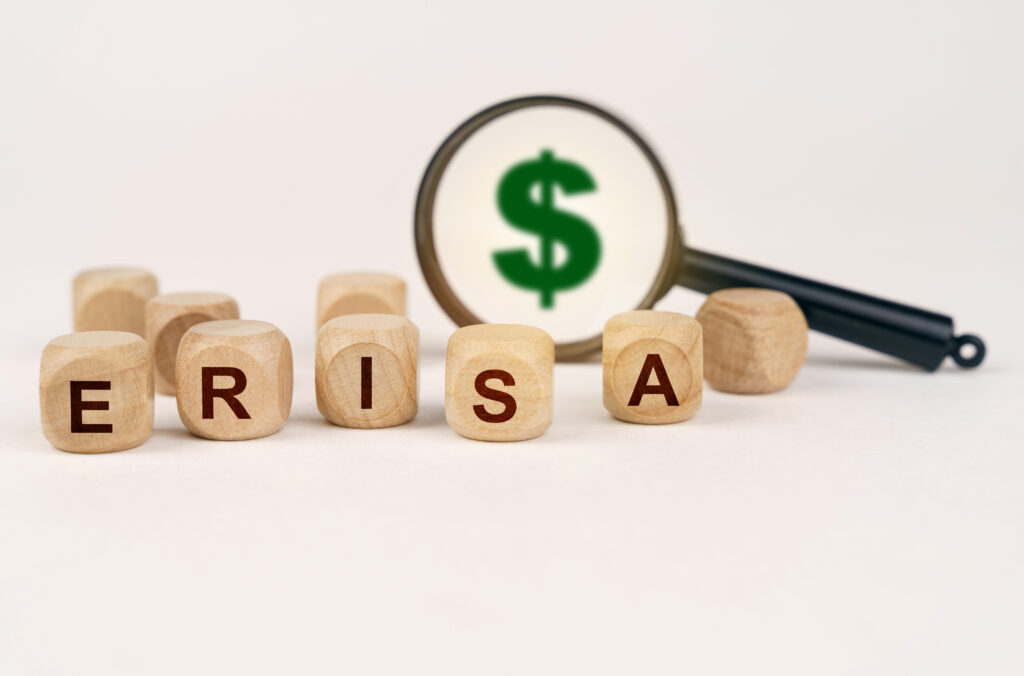ERISA Lawsuit for Johnson & Johnson
On February 5, 2024, a prescription drug fraud complaint was filed against Johnson & Johnson, as well as the company’s benefits committee for allegedly mismanaging its employee prescription drug benefit program. The case is a proposed class action filed in federal court by Johnson & Johnson’s Health Care Policy and Advocacy Director Ann Lewandowski under the Employee Retirement Income Security Act of 1974 (“ERISA”).
The prescription drug lawsuit under ERISA alleges that the company’s mismanagement of the prescription drug benefit program inflated drug payments and drove up out-of-pocket costs. Specifically, Johnson & Johnson allegedly neglected to make sure that the plan solely covered drug costs within reason, to oversee third parties with potential conflicts of interest that were supervising the employee benefit program, and to monitor the prescription drug list under their plan.
In terms of the company’s failure to ensure drug prices were reasonable, the suit specifically alleges that Johnson & Johnson’s health plan overpaid for prescription drugs in several instances. For example, the company paid over $10,000 for a 90-pill prescription of a generic drug that is sold at retail pharmacies for $28 to $80 without insurance. In effect, this means that Johnson & Johnson allegedly agreed to a 498% markup on certain prescription drugs in their Pharmacy Benefit Manager (PBM) contracts.
As for the company’s failure to oversee third parties with conflicts of interest, the suit alleges that the company engaged employee benefit consultants who not only could act as brokers for plans but also received indirect compensation from those very plans’ PBMs. Given this apparent conflict of interest, this prescription drug fraud lawsuit alleges that Johnson & Johnson’s benefits committee indicates that benefit committees should operate in a more diligent manner when supervising and overseeing benefit consultants.

HOW DO THESE ALLEGATIONS OF JOHNSON & JOHNSON’S PRESCRIPTION DRUG FRAUD AND EMPLOYEE BENEFIT PLAN MISMANAGEMENT PROGRAM RELATE TO ERISA?
Under ERISA, fiduciaries are obligated to act “solely in the interest of the participants and beneficiaries”. Further, group health plan administrators, namely those that are funded by the Voluntary Employees’ Beneficiaries Association (“VEBA”), are required to engage in a thorough vetting process when choosing and negotiating contract terms with PBMs. This Johnson & Johnson prescription drug fraud case filed alleges that increased expenses derived from the company’s mismanagement of its employee prescription drug benefit program were covered by VEBA and are generally indicative of the company’s failure to fulfill its fiduciary responsibilities under ERISA.
HOW WILL THIS ERISA LAWSUIT IMPACT JOHNSON & JOHNSON AND EMPLOYERS AT LARGE?
- Changes in Plan Management: Following a prescription drug fraud lawsuit filed under ERISA, companies, like Johnson & Johnson, may need to make changes to their management and administration of employee health plans to ensure compliance with ERISA regulations. This could involve implementing new policies, procedures, and oversight mechanisms to prevent future violations.
- Financial Penalties: Companies found to be in violation of ERISA may also face financial penalties, including fines imposed by the Department of Labor or damages awarded to affected employees. These penalties can be substantial and can negatively impact the company’s financial
- Reputation Damage: ERISA lawsuits can attract negative publicity and damage a company’s reputation, especially if the mismanagement of employee health plans is seen as a breach of trust or a violation of employee rights. This can affect employee morale, customer perception, and relationships with investors, business partners, and stakeholders at large.
- Regulatory Scrutiny: Companies that have been sued for ERISA violations may come under increased regulatory scrutiny from government agencies such as the Department of Labor. This can lead to further investigations and audits, potentially uncovering additional compliance issues.
Overall, an ERISA lawsuit can have serious consequences for employers, including financial penalties, reputational damage, and changes in how they manage employee health plans. Attention has been growing on PBMs, prescription drug fraud, and regulations on plan management at large. Therefore, it’s crucial for companies to prioritize compliance with ERISA regulations and ensure that they are fulfilling their fiduciary duties to avoid these potential risks and liabilities.


